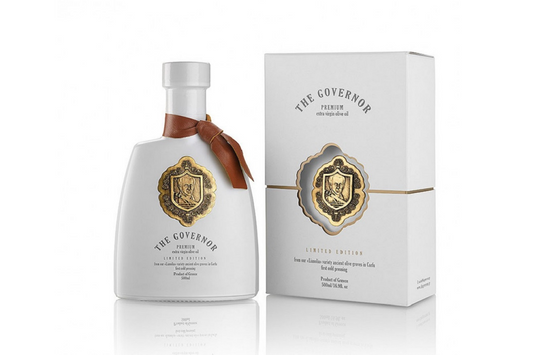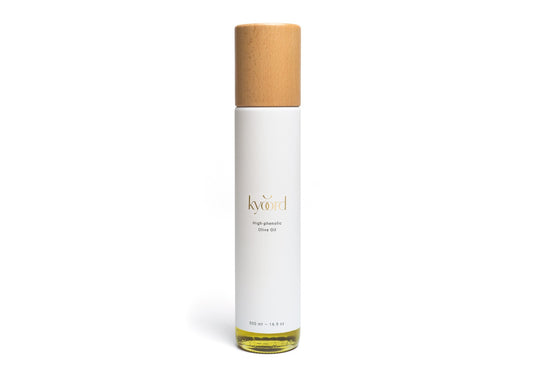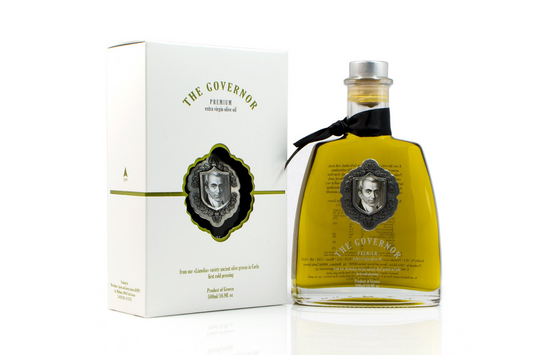Anti-Angiogenic Effects of Oleocanthal and Oleacin in Olive Oil
Phenolic compounds in extra virgin olive oil have been linked to anti-cancer benefits. There are a few mechanisms of action researchers believe may play a role. A study released in September 2023 in Biomedicine and Pharmacotherapy has linked two phenolic compounds in olive oil, oleocanthal and oleacein, to anti-angiogenesis effects.
Angiogenesis is the process through which blood vessels are formed from pre-existing ones. While this is a part of normal tissue formation and everyday human physiology, when there is a loss of control of this angiogenesis modulation, it can become a pathological process that leads to inflammation and the development of certain diseases, including the progression of cancer cells as well as issues like atherosclerosis, diabetic retinopathy, and rheumatoid arthritis. Because inhibition of angiogenesis is a therapeutic strategy used for treating angiogenesis-dependent conditions, a growing field of pharmaceutical research has involved identifying compounds with anti-angiogenesis effects.
In this study, two in vivo models and one in vitro model were used to assess whether (and how) oleocanthal and oleacein may impact this process.
The in vivo models used in this study involved chicken chorioallantoic membrane (CAM) assay and zebrafish caudal fin regeneration assay, which helped illustrate how angiogenesis can sustain and regenerate tissue. The in vitro model utilized bovine aortic endothelial cells. Endothelial cells are single-layered cells that line the inside of blood and lymph vessels and regulate the selective movement of various substances between the bloodstream and cell.
The results
In the in vivo models, both oleacein and oleocanthal were found to have anti-angiogenesis effects. In the CAM model, the compounds caused rebounds in the peripheral vessels to the methylcellulose disc containing the compound, hemorrhages, and reduced vascularization under the disc and within its surroundings. In the caudal fin model, while the results weren’t statistically significant, findings suggested that these phenolic compounds interfered with the regeneration of the cell tissue.
The in vitro model found that both oleacein and oleocanthal inhibited the proliferation, invasion, and tube formation of endothelial cells. Oleacein, specifically, was also shown to significantly repress migration and also induced apoptosis (cell death) in these cells. In terms of the mechanism through which they did so, these compounds modulated signaling pathways that are related to the survival and proliferation of cancer cells.
Researchers believe that the results of this study are very promising in suggesting that oleocanthal and oleacein may have potential anti-angiogenic agents, which could have important implications for developments of cancer treatment and for fine-tuning recommendations for cancer risk reduction. However, further pre-clinical and clinical studies focusing on a variety of angiogenesis-dependent conditions need to be done.









